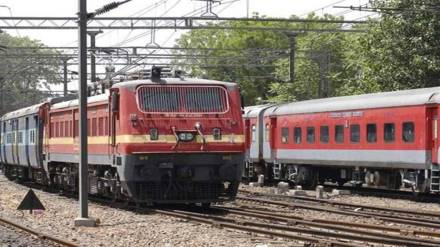The Comptroller and Auditor General of India (CAG) is set to begin an audit of the multi-modal transport and logistics initiatives by Indian Railways, in the wake of the unsatisfactory growth in its freight volume and receipts.
The audit will provide suggestions to the transporter and the government to bring down the transportation costs, improve the movement of freight traffic and enhance the ease of doing business.
The railway audit wing of the CAG in the proposed exercise will cover nine railway zones across the north–south and east–west corridors of India, along with three ministries, logistics-related railway PSUs and selected origin-destination pairs critical to freight movement. The audit report is expected to be placed before Parliament in the monsoon session next year.
“The multimodal transport audit emphasises planning, regulatory frameworks, logistics operations, digital interfaces, and ease of business. The audit aims to address why railways, despite lower per-tonne-per-kilometer costs, lag in cargo share due to high first- and last-mile transshipment costs. The CAG will make recommendations to reduce logistics costs by promoting seamless movement and potentially connecting railways directly to origin/destination points,” said Pravir Pandey, Additional Deputy Comptroller & Auditor General (Railways).
By 2030, the Indian Railways aims to increase its modal share of the Railways in freight to 45% (up from about 27% currently) and substantially reduce transit time by increasing the average speed of freight trains to 50 kmph. The objective of the National Rail Plan 2030 is to create capacity ahead of demand catering to future growth in demand till 2050.
As per the CAG statement, the development of multimodal logistics infrastructure requires the convergence of efforts of various ministries and departments of the government.
On its part, the railways is trying to increase its modal share in freight transport over the past few years. In 2021, the rail ministry introduced the Gati Shakti Cargo Terminal (GCT) policy to encourage private investment in developing multimodal cargo terminals. As of August 2025, 115 of the 132 approved GCTs have been commissioned.
In addition to the multi-modal transport audit, the CAG will undertake audits on sustainable rail transport, a performance audit of suburban train services as well as an IT audit of the Indian Railways’ e-procurement system.
